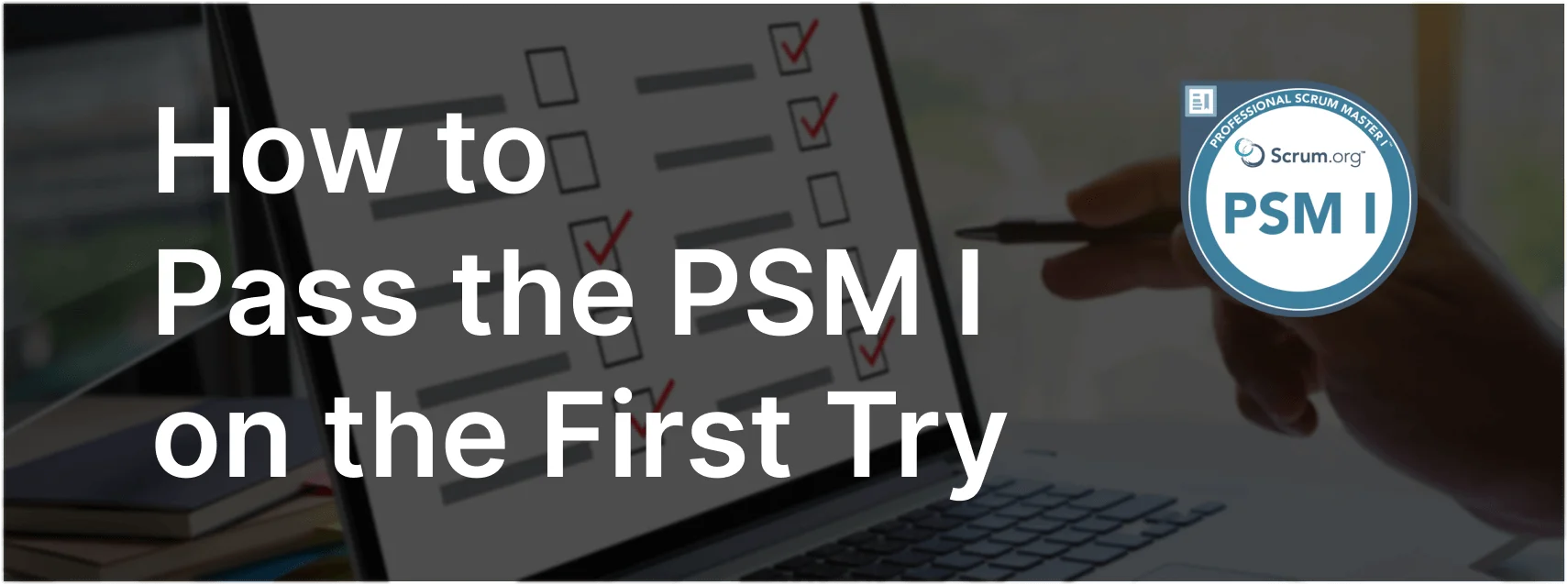Feedback Loops in Scrum
Feedback loops are essential components of the Scrum framework that enable continuous inspection and adaptation. These feedback mechanisms help Scrum Teams improve their processes and deliver value more effectively. Here is an analysis of the key feedback loops in Scrum:
Exam Question
Which three of the following are feedback loops in Scrum? (choose the best three answers)
- A. Daily Scrum.
- B. Sprint Review.
- C. Release Planning.
- D. Sprint Retrospective.
- E. Refinement Meeting.
Correct Answers
A. Daily Scrum.
B. Sprint Review.
D. Sprint Retrospective.
Explanation
Why A, B, and D are Correct
A. Daily Scrum:
The Daily Scrum is a daily feedback loop where Developers inspect the progress toward the Sprint Goal and adapt their plan for the next 24 hours. This meeting fosters transparency and allows the team to identify and address impediments quickly.
B. Sprint Review:
The Sprint Review is a feedback loop that occurs at the end of each Sprint. During this event, the Scrum Team presents the Increment to stakeholders to gather feedback. This interaction helps ensure the product meets the stakeholders’ needs and allows for necessary adjustments based on their input.
D. Sprint Retrospective:
The Sprint Retrospective is a feedback loop focused on the Scrum Team’s processes. This event provides an opportunity for the team to inspect how the Sprint went in terms of people, relationships, process, and tools. The team identifies what went well, what could be improved, and formulates a plan for implementing improvements in the next Sprint.
Key Points
- Continuous Improvement: Feedback loops are crucial for continuous improvement, allowing the Scrum Team to adapt and enhance their processes and product incrementally.
- Inspection and Adaptation: Each feedback loop provides an opportunity to inspect the current state and adapt accordingly to optimize performance and value delivery.
- Stakeholder Engagement: Feedback loops such as the Sprint Review ensure that stakeholders are regularly engaged and their feedback is incorporated into the product development.
Roles and Responsibilities in Scrum
- Scrum Master: Facilitates feedback loops and ensures that the Scrum Team adheres to Scrum principles.
- Product Owner: Engages with stakeholders during the Sprint Review to gather feedback and adjust the Product Backlog as needed.
- Developers: Participate actively in all feedback loops to inspect progress, adapt plans, and improve processes continuously.
Relevance to the PSM I Exam
Understanding the key feedback loops in Scrum is crucial for the PSM I exam. This knowledge helps candidates appreciate the importance of continuous inspection and adaptation in achieving effective and efficient product development.
Conclusion
The Daily Scrum, Sprint Review, and Sprint Retrospective are key feedback loops in Scrum. These events facilitate continuous improvement by allowing the Scrum Team to inspect and adapt their processes and product incrementally.
For comprehensive preparation and practice exams, check out PSM I Exam Prep to enhance your understanding and application of Scrum principles.




